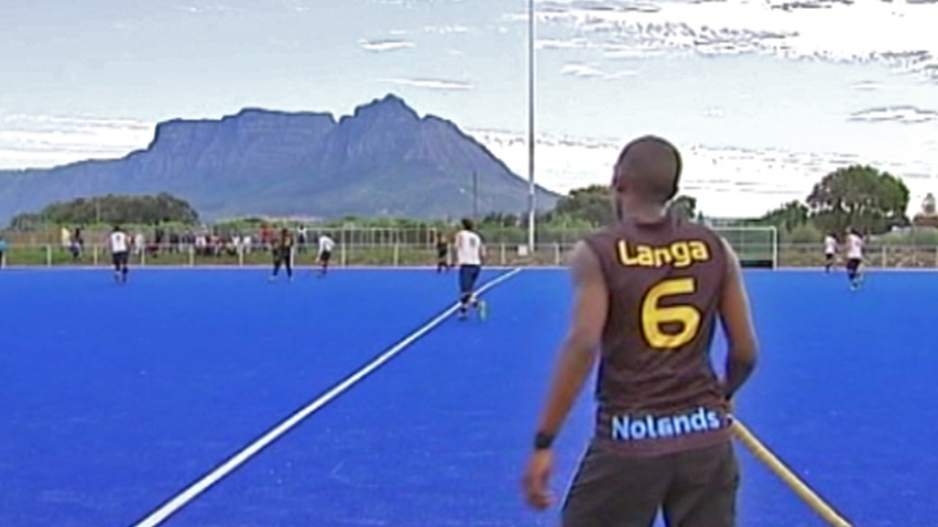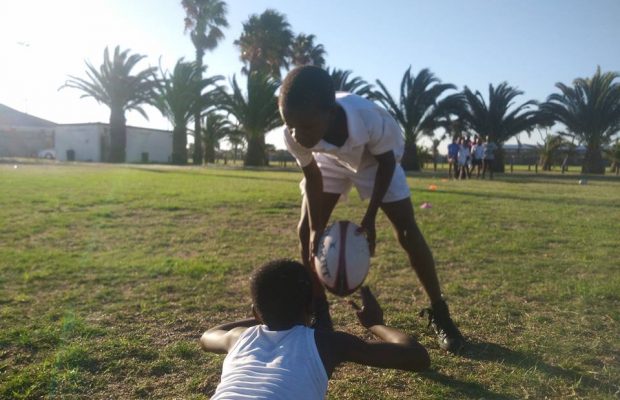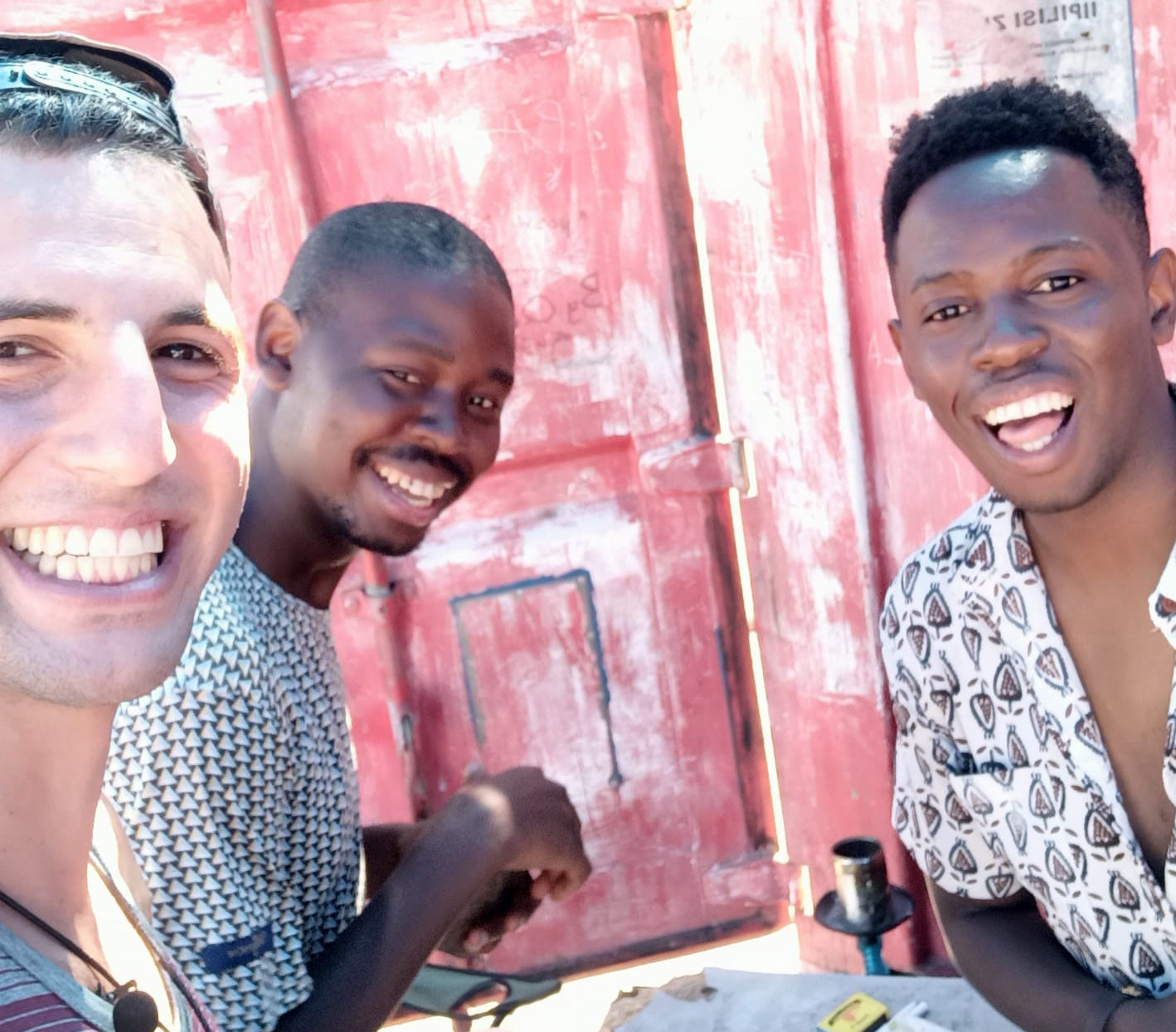From Fresnaye to Langa, expat tells ‘tale of two cities’
Published 2 years ago
At first glance, Jason Woolf seems like any other 27-year-old
American expat enjoying everything Cape Town has to offer. That is,
until he starts speaking in fluent Xhosa, or when he describes living in
the shack he built for part of the year that he spent in the sprawling
township of Khayelitsha.
“I lived in Khayelitsha for a year, in 2014 and 2015. For part of
that time, I lived in a house in Ilitha Park. Then I had to move, so I
was hosted by the family of a friend’s girlfriend in Makhaza. But after a
time, it got a little crowded, so I built a shack onto the side of
their house to live in,” he explains.
“Living in a shack was fine – you can actually make it quite nice. I
put rhino board inside, and painted it lime green. You don’t really feel
like you’re in a shack, it’s just a small room really. If you have the
heater on at night it stays warm enough. And I wasn’t hanging out there
all day, so it was nothing major.”
Woolf holds dual American South African citizenship: “My sister was
born in 1990, my parents migrated to Boston, Massachusetts in 1991, and I
was born in 1993. I grew up in a suburb called Dartmouth south of
Boston.” He studied at New York University at the Gallatin School of
Individualized Study, with a focus on social entrepreneurship and
cultural revitalisation. He would also spend summers with his
grandparents in Cape Town, and got to know that in many ways, it’s a
tale of two cities, with the extremely affluent and the impoverished
living side by side.
After graduating, Woolf moved to South Africa to work full-time on
his non-profit foundation, Umbiyozo (‘celebration’ in Xhosa). He started
it in 2011 as a high school student after seeing how local township
youth would form dance troupes and perform in public spaces across the
city.
His decision to live in Khayelitsha was motivated by a desire to get
closer to the people he wanted to work with and understand their
reality. He aimed to incentivise youth to participate in these
community-based troupes, hoping to help prevent gangsterism, drug usage,
teenage pregnancy, social isolation, and disempowerment. With a
background in music, endless energy and enthusiasm, and the ability to
interact with people from all walks of life, Woolf was perfectly placed
to do this work.
On a tiny budget, he made a DVD capturing the performances of 14
independent dance troupes, allowing participants to sell the DVDs to
tourists for a greater profit than they would get by performing on the
streets. He also organised large-scale events and a yearly dance
competition. After giving it his all, he eventually had to close the
foundation, but it inspired his next venture: Side by Side Experiences,
which provides meaningful tours, experiences, and interactions for
tourists in the townships. With this in mind, he decided to move to
Langa township for a year as a way to further immerse himself in the
environment.
Before he made the move, he was staying in the upmarket suburb of
Fresnaye on the Atlantic Seaboard. On social media and with clever use
of technology such as Google Earth, he has shown the short distance but
vast difference between the two locations.
He considered staying in a shipping container, but eventually moved
into a newly-built hostel called Zone 17, a space created by two Langa
entrepreneurs with the aim of desegregating Cape Town. It has ten rooms,
and he is currently the only resident. He recently hosted a
COVID-19-safe braai and housewarming event, hoping to put the place on
the map and bring together people from South Africa’s different
communities.
While COVID-19 has thrown him a few curveballs, Woolf is continuing
with his walking tours in Langa. “Walking tours are important ways to
reduce ‘poverty tourism’. They allow for interaction, and they slow
tourists down to really experience the environment,” he explains. He
chose Langa because it’s well-suited to walking tours, is closer to
town, “and I‘ve met some amazing movers and shakers that I felt I could
really partner with”.
Woolf is also focusing on content creation, using his social media
channels to “bridge gaps and start interesting conversations”. He hopes
to open up dialogue between sectors of society and highlight
organisations and entrepreneurs involved in fascinating and meaningful
projects.
He says he feels safe in the community – people are warm, welcoming,
and look out for each other. He felt the same when he lived in
Khayelitsha. “People cooked meals for me, welcomed me into their homes,
and gave me an intimate window into their life. They helped me with
anything I needed, talked through their problems with me, and were eager
to teach me the language. Kids were so eager to interact, and I enjoyed
little moments, like jokes when buying street food. Those moments
really lift the spirit.”
What he loves most about South Africa is “the spirit of the people.
It’s a complicated country, but people generally seem accepting of one
another. The ‘default’ relationship one of kindness and cordial
behaviour, unlike other places where the default is ‘stranger culture’
and ‘Why you talking to me?’, that attitude of ‘stay in your lane, mind
your own business’. Here, people like chatting and there’s a feeling
that you can make friends with a stranger, which isn’t a feeling you get
in places like the United States (US), by and large.
“Then there is the extremely precious exquisite natural environment.
And it feels like there’s a meaningful national project of trying to
become ‘a people’. Everyone has their own unique relationship to that
nation-building project. It’s intriguing to see how diverse people
approach that project and respond to it.
“The only reason I would possibly go back to US is if I have children
and it feels like they may get better opportunities there. But if I had
a child today, I would prefer to raise it in South Africa than the US.
Their development would be more holistic here than in the US.”
Finally, he says, “We need to recognise that as a Jewish people, we
don’t exist in isolation. We’re inextricably linked to the fates of
others in our country and the world. We need to build bridges to have a
collective future where we all thrive. We can start at home, in our own
backyard. Spend some time in a township, and see with your own eyes the
way things are, rather than what the media might be telling you. Be
brave enough to step in, find someone who can make you feel welcome, and
do yourself that service of learning and unlearning. It’s hugely
important for this country.”
Follow Jason on Instagram: @volofu
SOUTH AFRICAN JEWISH REPORT













